A Surprising Encounter
Henry's mind raced as the manager loomed over him, speaking harshly. "Come on, old man. Get out," the manager snapped, his face flushed with irritation. Henry could barely process the words. Didn’t the man know who he was?
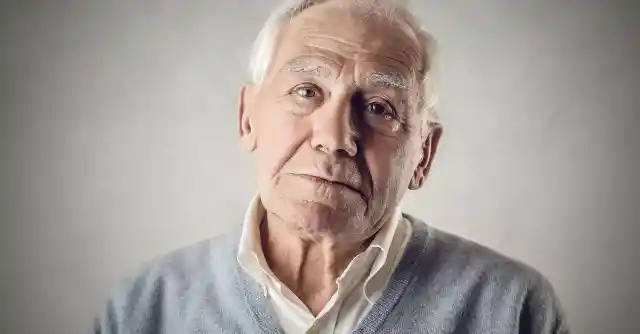
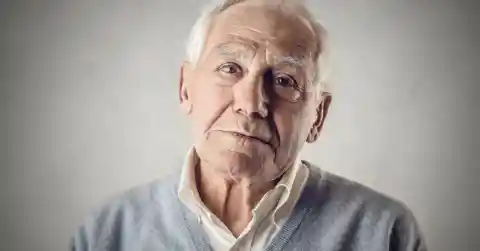
He stood up, anger simmering inside him, and walked towards the door. As he passed the counter, a waitress leaned over to speak to the manager. Suddenly, the manager’s face went pale.
The Day's Journey
It was meant to be a productive day. Henry had toured nearly all of his Austin restaurant locations, with just one more stop left.

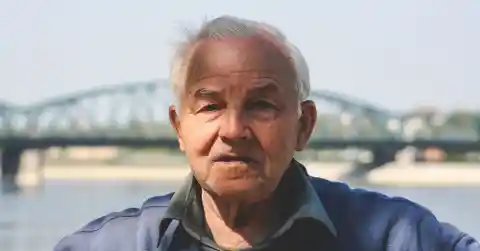
It was lunchtime, and his stomach growled. With a handful of coins in his pocket, he figured it was the perfect time to grab a quick meal and get rid of the loose change.
“What Can I Get You?”
Henry took a seat by the window, enjoying the background chatter. The diner was reminiscent of the ones he’d visited in his youth—checkered floors, the smell of sizzling bacon, and the rhythmic clatter of plates. But his warm nostalgia faded when the young waitress approached.
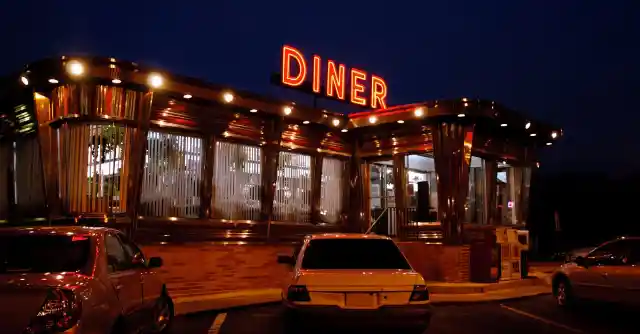
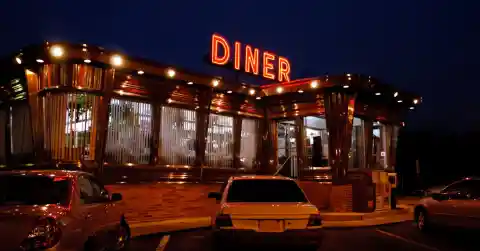
She barely looked at him, her annoyance clear. “What’ll it be?” she asked, tapping her pen impatiently.
Placing the Order
Henry gave a friendly smile. "I'll have the country-fried steak with mashed potatoes, and a black coffee, please."
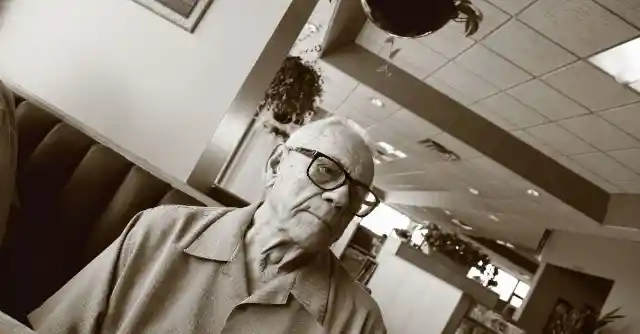
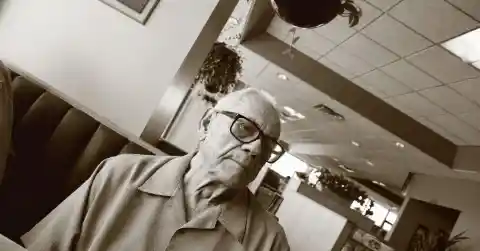
She barely acknowledged him, already turning to leave as he spoke. Henry frowned. He was used to polite service. He had always told his team to treat every customer with respect. Still, he decided to let it go, figuring she might just be having a tough day.
The New Diner
When the food arrived, Henry’s mood soured. The steak was lackluster, smothered in thick, bland gravy, and the coffee was hardly better. He sipped it, wondering how the quality had slipped. His chain had grown so much, and he’d worked hard to get here.
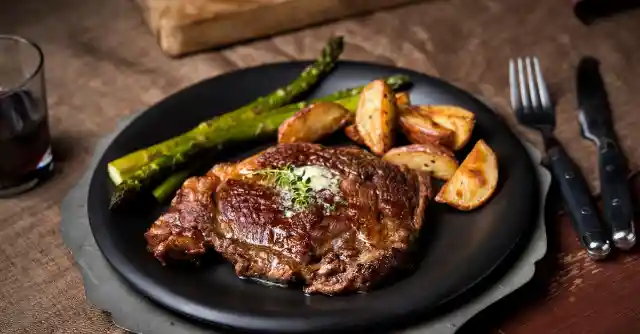
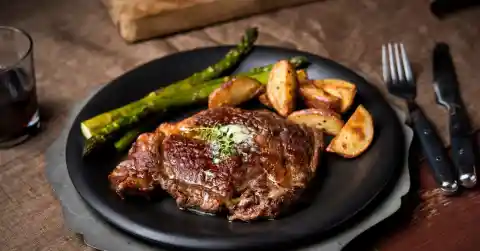
This diner had opened just six months ago, under a different name. It was a test—one he hadn't told the staff about. He liked seeing how people treated customers when they didn’t think the boss was watching.
The Coins
When the bill came, Henry poured a handful of coins onto the counter—mostly quarters, with a few dimes mixed in. It was just enough to cover the cost, plus a small tip.
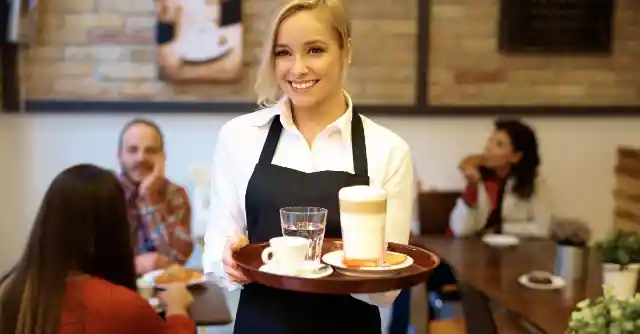
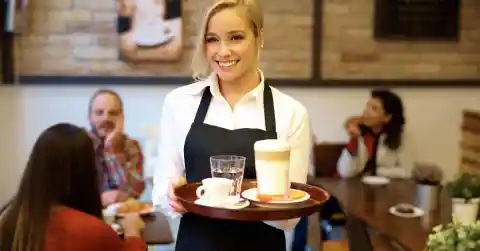
The waitress’s lips curled in disdain. “Seriously?” she muttered, and before Henry could respond, the manager appeared, his eyes narrowing in judgment.
"We Don’t Have Time For This"
“What’s this supposed to be?” the manager demanded. “We don’t have time to count all that change. Next time, bring real money.” Henry blinked, caught off guard. “It’s legal tender,” he replied calmly. “Money’s money, son.”
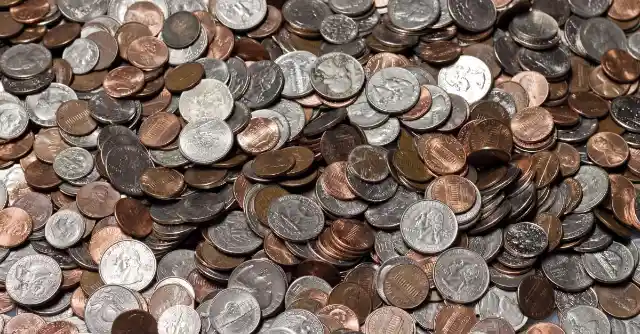
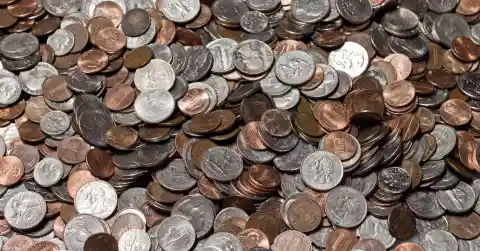
The manager’s face turned crimson. “Get out of my diner. Now.” Henry stood, his expression steady but his eyes sharp. As he turned to leave, the waitress whispered something to the manager. He went pale. Henry paused at the door, a small smirk playing on his lips. The manager had no idea who he was.
Small-Town Beginnings
Henry Collins grew up in a small Texas town where every Friday night meant burgers at the local diner and pie that tasted like heaven. His parents didn't have much, but they had love, and they had food that brought the community together. His father, a mechanic, always said, “A good meal fixes more than a broken car ever could.”
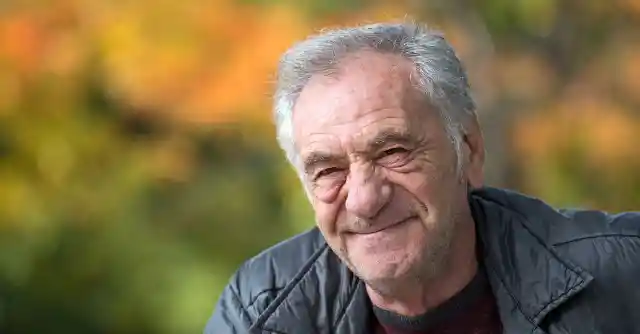

As a kid, Henry dreamed of owning a diner like that one—somewhere everyone felt at home, no matter their background or their wallet. He’d sketch out ideas on napkins: neon signs, big booths, and pies big enough to share.
Climbing the Ladder
Unable to afford college, Henry worked his way up through kitchens, washing dishes and learning the ropes. He quickly grasped the rhythm of a busy restaurant, the importance of treating every customer like they mattered, and how a cook’s attitude could change the mood of the entire team.
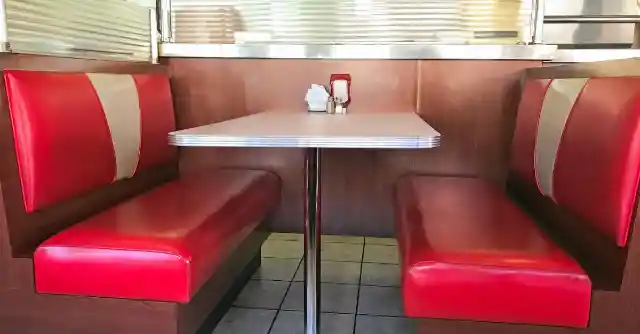
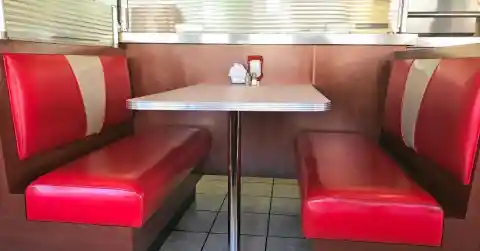
By his mid-thirties, Henry had saved enough to open his first place—Collins Country Grill. It wasn’t fancy, but it was honest. His wife Mary handled the finances while Henry ran the kitchen. Together, they built something special.
A Sense of Home
People came to Henry’s diner not just for the food, but for the sense of community. Truckers, teachers, families—they all felt like they belonged. Mary often said, “Henry, this place feels like home to people who don’t have one.”
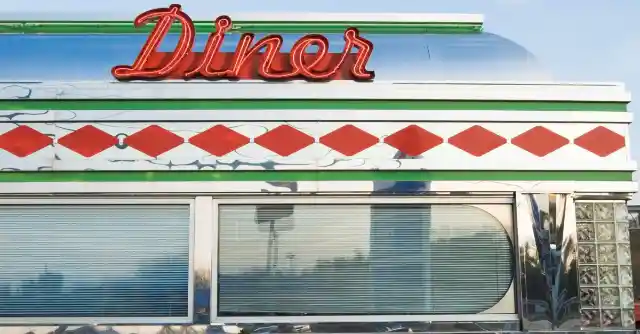
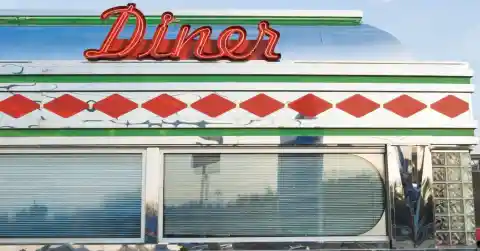
Those were the happiest years of Henry’s life. They celebrated every birthday, every anniversary, every Christmas Eve in those same walls, surrounded by the smells of biscuits and the sound of laughter. But life had a cruel way of timing things.
Her Passing
Mary’s passing hit him harder than he ever expected. Cancer took her quickly, and when she was gone, so was his spark. The restaurant felt empty. The laughter stopped echoing.


For months, Henry didn’t set foot inside the kitchen. He almost sold everything. But one night, while cleaning out Mary’s office, he found a note she’d written and tucked into an old ledger. It said, “Keep going, Henry. Feed them. That’s who you are.” He wept until morning. And the next day, he put on his apron and went back to work.
His Entire World
From that moment, Henry poured his heart into growing the business, not for money, but for legacy. He opened more restaurants across Texas, each one carrying a bit of Mary’s warmth. He made sure every location hired local staff, sourced local ingredients, and treated people like neighbors.
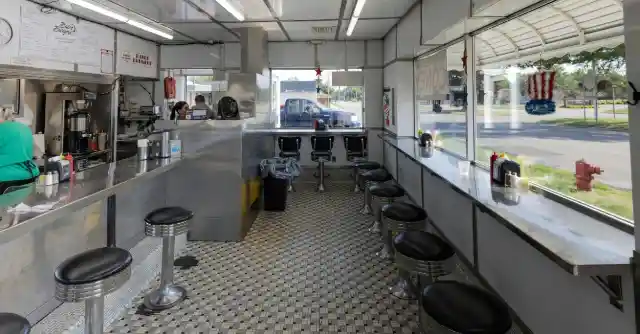
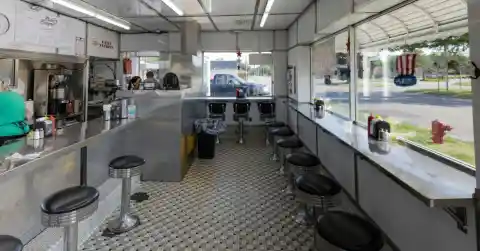
When people asked him what made his chain successful, he always said the same thing: “We serve kindness before coffee.” Over the years, the chain grew into one of the most beloved diner franchises in the state. People didn’t just come for food; they came for comfort. And Henry made sure of it.
A New Location
Recently, Henry had opened a new location on the outskirts of Austin, but this one was different. He used a different name, The Sunset Diner, and hired a new management team. He wanted to see if his founding values still lived in the hearts of his employees, even when they didn’t know he was watching.
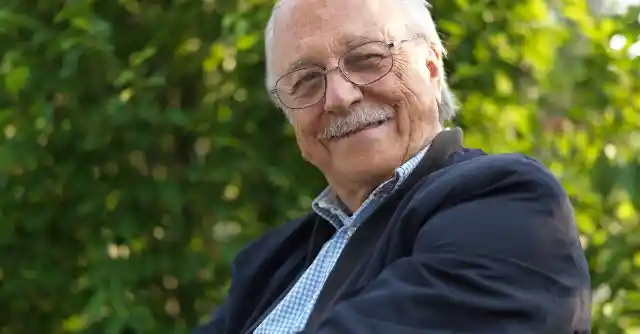
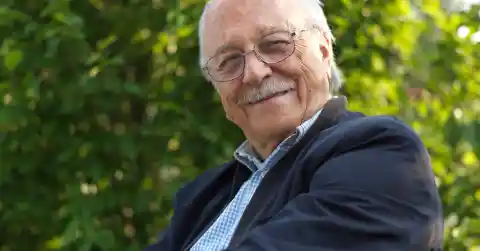
He’d quietly visit each location, posing as just another old man grabbing a meal. Sometimes people recognized him; most didn’t. He never minded. What mattered was how they treated the stranger in front of them. As he sat in that booth, coins jingling in his pocket, Henry thought of Mary and smiled faintly. She would’ve loved this test, he thought. But he didn’t know that this visit would reveal more about his staff and himself than he ever expected.
The Sunset Diner
When Henry walked into The Sunset Diner, he immediately noticed something felt off. The smiles that usually greeted him in his restaurants were nowhere to be found. The hostess barely looked up from her phone before muttering, “Sit wherever.”
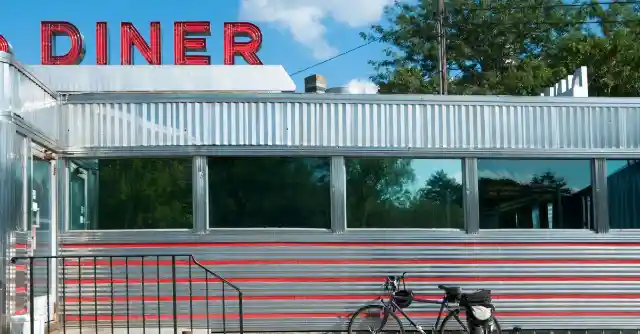
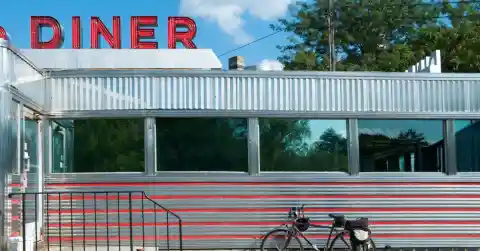
He chose a booth by the window, the same kind of booth he used to share with Mary. He liked to see how new locations ran during lunch hour. Usually, he was proud. But this time, as the minutes passed, no one came to take his order. He watched as waitresses laughed behind the counter, ignoring him completely.
The Waitress
Finally, a young waitress with a messy bun and a tired look in her eyes walked over, pen in hand. She didn’t smile. “You ready or not?” she said, her tone impatient. Henry nodded politely, brushing off her attitude. “Yes, ma’am. I’ll have the country-fried steak, mashed potatoes, and a coffee, please.”


She scribbled it down without a word and walked away. Henry sighed quietly. So this is how they treat folks when they think no one’s watching.
Not What He Expected
When the plate arrived, it was lukewarm. The gravy had started to congeal. Henry didn’t complain; he’d eaten worse meals in his life, but the disappointment weighed on him. He sipped his coffee, which was far too bitter, and looked around at the staff.

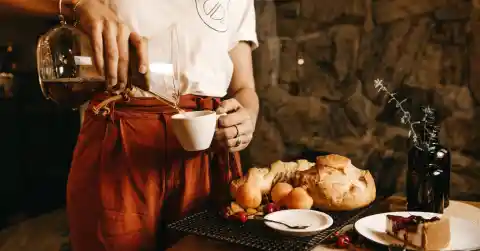
He saw a few regulars at the counter, truck drivers, retirees, families with kids, but none of them seemed particularly happy. The waitresses moved quickly but without warmth. The manager, a tall man with a trimmed beard and a permanent scowl, stood near the kitchen, barking orders.
Heartbroken
Henry finished his meal in silence, thinking how Mary would’ve been heartbroken to see this. He reached into his pocket and smiled faintly. The coins jingled softly, quarters, dimes, nickels. He’d been saving them up for weeks, planning to use them here.
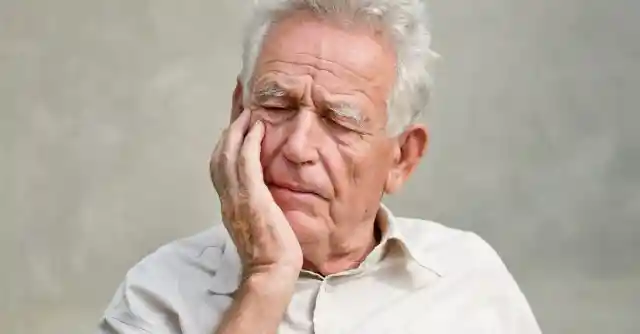
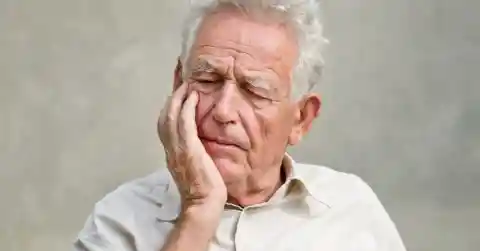
He always liked using coins. They reminded him of his first days in business, when every dime mattered. The young waitress came by with the check, tapping her nails against the table. “Here,” she said curtly. Henry smiled gently. “Thank you, sweetheart.” She didn’t respond.
The Coins
He opened his small leather pouch and carefully placed the coins on the table. The metal clinked softly as he counted. It was exact, down to the cent, with a little extra for a tip.


But the sound drew her attention. She frowned deeply. “You’re seriously paying in change?” she muttered. Henry looked up. “Is that a problem?” Before she could answer, the manager overheard and stormed over, his expression sour. “Sir,” he said sharply, “we don’t have time to count all that. You’re holding up the line.”
Elsewhere
Henry’s calm expression didn’t waver. “I’m not holding up anything. It’s legal tender.” The manager crossed his arms. “Look, old man, take your pocket change somewhere else.”


The other customers began to turn their heads. Some whispered. The young waitress shifted awkwardly, clearly regretting having drawn attention to it. But the manager didn’t back down. Henry stood slowly, steadying himself on the table. “Is this how you treat your customers?” he asked evenly. “Only the ones wasting our time,” the manager snapped.
Ashamed
Henry’s eyes hardened for the first time that day. He placed his hat on his head and looked around the diner, his diner, one last time. “You should be ashamed,” he said quietly. “This place was built on respect. Seems like you’ve forgotten that.”
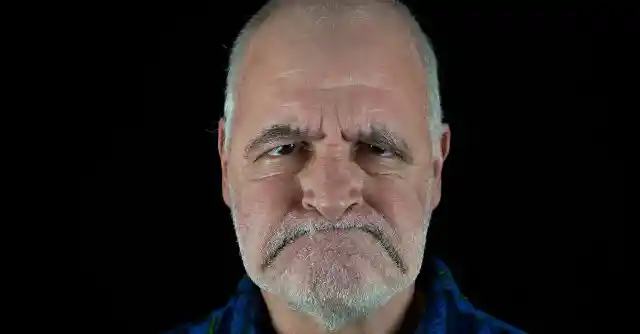
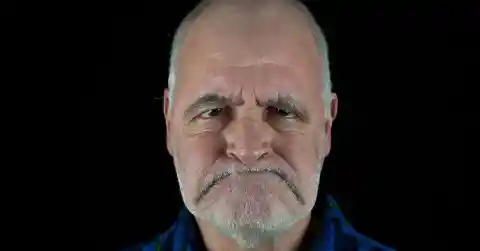
“Whatever,” the manager muttered. “Just go.” Henry nodded once and turned toward the door. The room was silent except for the jingle of coins in his pocket.
Henry Collins
As he walked out, the young waitress stared after him, a strange look in her eyes. She leaned toward the manager, lowering her voice. “Uh, Mike… do you know who that was?”


He frowned. “Yeah. Some cranky old guy with a pocket full of quarters.” She shook her head. “No. That’s Henry Collins.” The manager blinked. “Who?” “The owner,” she whispered urgently. “He owns this place. He owns all the places.” The color drained from his face. “You’re kidding.”
"Call Corporate"
Outside, Henry stood beside his truck, staring at the building. The sign over the door gleamed in the sunlight: The Sunset Diner. He’d loved that name. It reminded him of Mary, and of their promise to keep building something beautiful even after the sun set on their time together.


But now, looking at the way the staff treated him, how they treated everyone, he realized he had work to do. Inside, the manager was in full panic, pacing behind the counter. “Call corporate,” he muttered. “Call somebody.” But it was too late.
Unreadable
Henry turned the key in his ignition, his expression unreadable. As the engine rumbled to life, he glanced one last time through the window. The waitress met his eyes, her face apologetic. He gave her a small nod, just enough to let her know he understood.


Then he pulled out of the parking lot, already planning the next morning’s meeting. Because this time, they were the ones about to get served.
You're Out
The next morning, Henry walked into the company’s downtown office. The regional managers were already waiting, including the man from The Sunset Diner. The room went silent as Henry entered. He didn’t sit right away; he simply looked around and said, “I built this company on kindness, not profit. Yesterday, I saw how far we’ve strayed.”
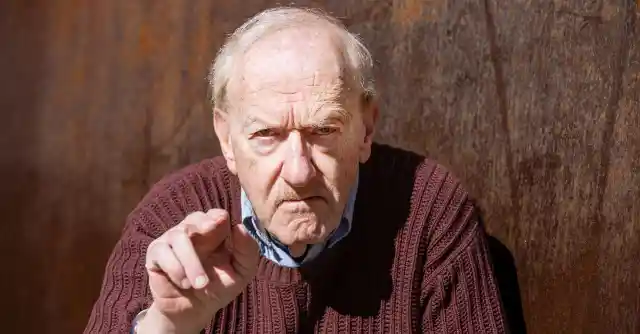
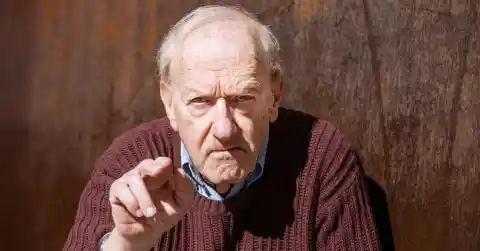
He turned to the young waitress, who’d also been called in. “You tried to make things right,” he said gently. “Thank you.” Then his eyes shifted to the manager. “You’re done here.” No one argued. The man just nodded, shame written all over his face.
Fix It, Together
That afternoon, Henry returned to The Sunset Diner. The staff stood waiting, unsure what to expect. But Henry only smiled. “We’re going to fix this, together.” He spent the day sharing stories, reminding them why the diners existed in the first place: not just to feed people, but to make them feel seen. When lunch rolled around, the place felt different, warmer, alive again.
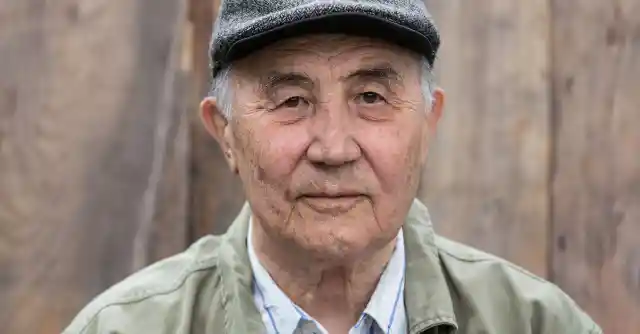
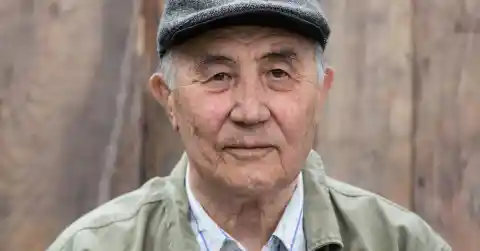
As Henry sat in his booth, the young waitress brought him a cup of coffee with a shy smile. “On the house, Mr. Collins.” Henry lifted the cup, his eyes twinkling. “Now that,” he said softly, “is how you treat a customer.”